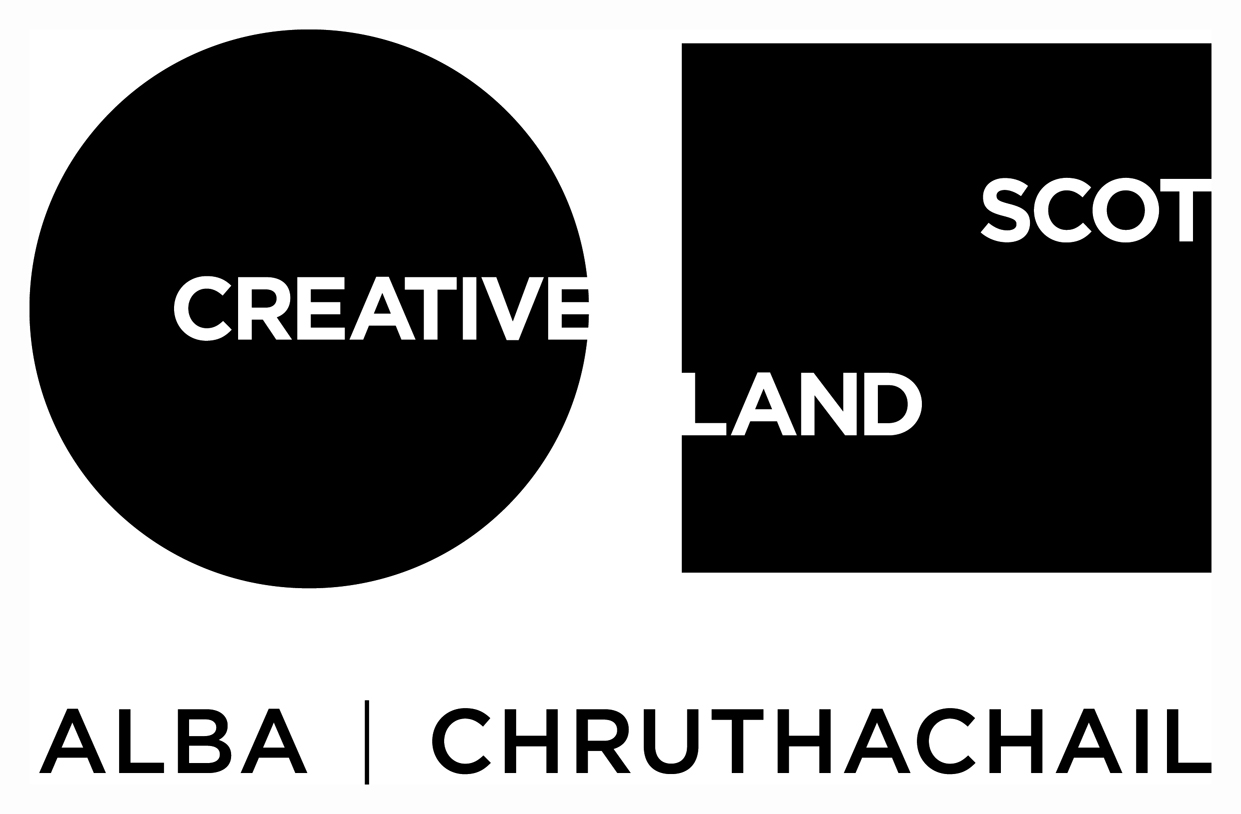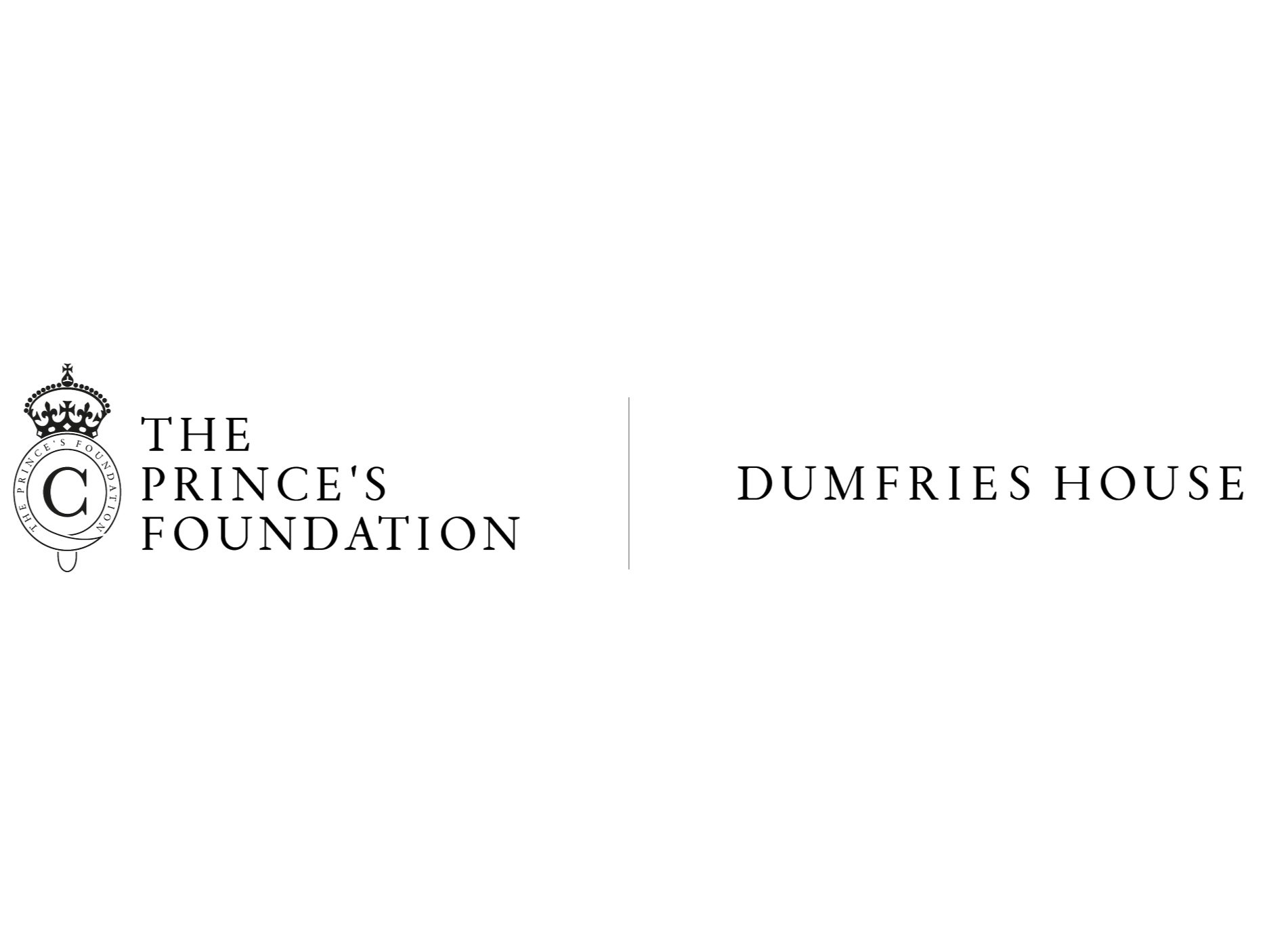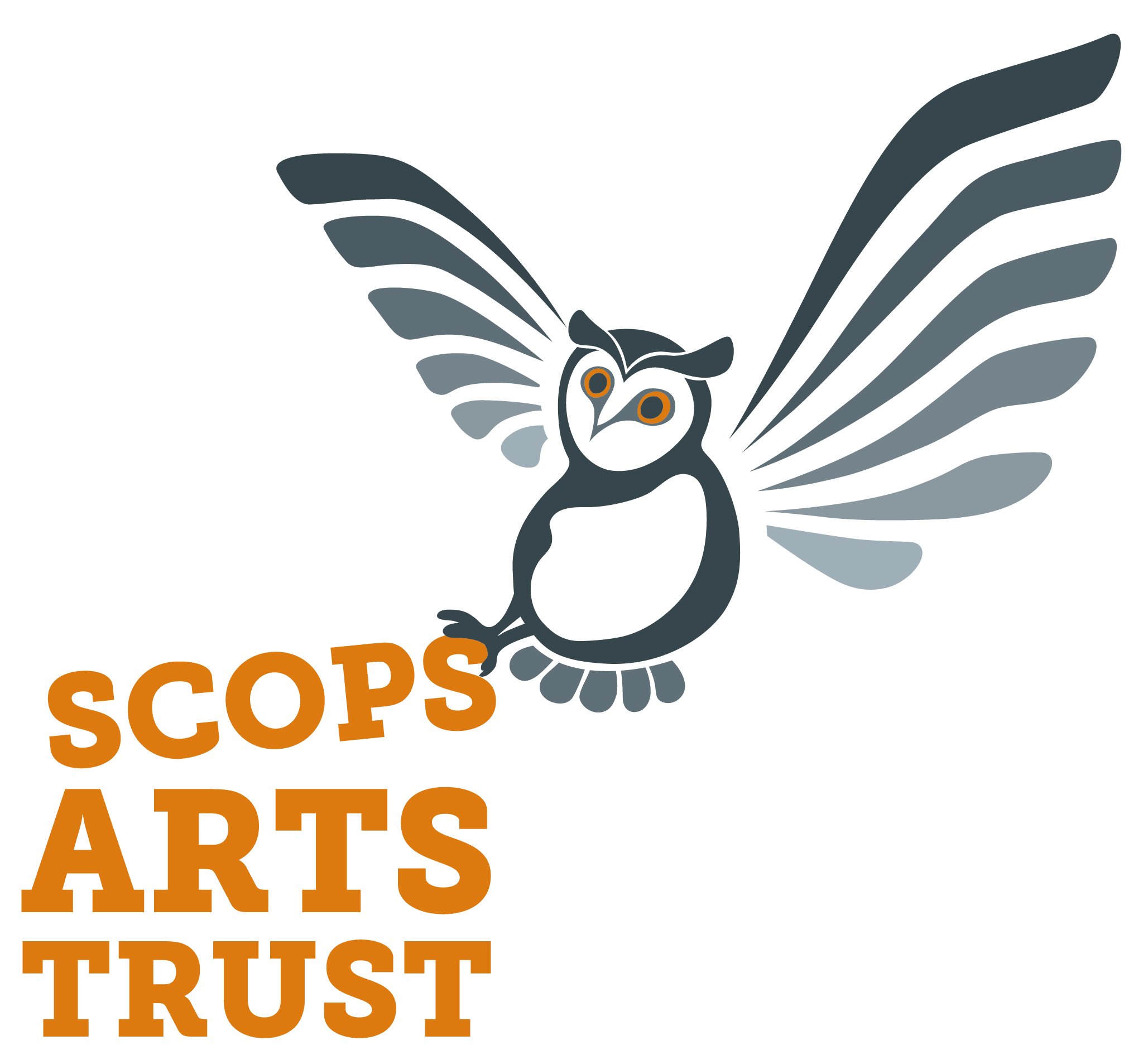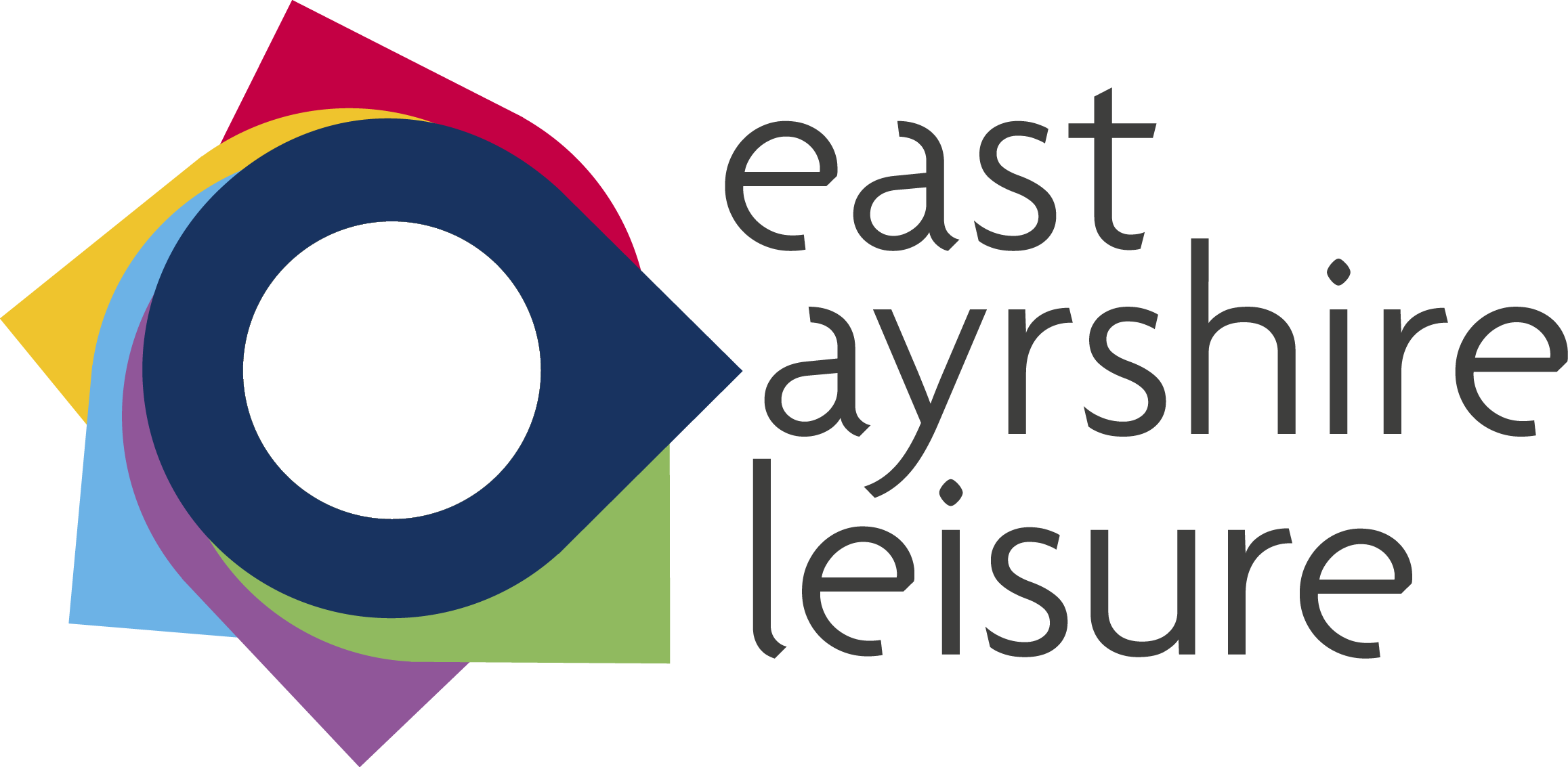Cumnock Tryst 2019 Artist Q & A - Steven Osborne
/We are tremendously excited to welcome Scottish pianist Steven Osborne to the Cumnock Tryst this year to perform three Beethoven piano Sonatas - the first time the iconic composer’s work has ever been performed at the festival. We asked Steven a few questions about his life in music and what Beethoven’s work means to him.
credit - Ben Ealovega
Hi Steven, we are massively excited to have you at this year’s Tryst. Can you tell us about how your life in music started and some of your career highlights?
Ever since I could reach the piano keys as a toddler, I was inexorably drawn to the instrument; it really was a constant companion through my childhood. The biggest obvious career pushes were winning a couple of piano competitions in my 20s which got me some concerts; getting a good agent; starting a relationship with Hyperion records; and having the support especially of the Edinburgh Festival and the Wigmore Hall. In all of these cases, the trust those individuals in the organisations put in me was hugely important both for the development of my career and for my confidence in what I was doing. The highlight that really comes to mind is something that will never be surpassed for me - the first time I played at the Wigmore Hall. It was for a scholarship audition when I was 10. I’d never played a concert grand before, and the beauty of the very first note I played on that piano was such a shock that I almost stopped playing. Luckily for my scholarship chances, I didn’t.
What musical projects have you been working on recently?
I’m working towards a series of concerts of the complete Rachmaninov solo piano music. There’s rather a lot of it….
What does it mean to you to be playing The Cumnock Tryst this year?
It’s a wonderfully programmed festival, with a wide variety of music. I love being part of something like that which opens you up to different music, and also helps you to hear familiar pieces with fresh ears.
What can audiences expect from your set at the festival?
These three pieces are something really special. To me, it’s the pinnacle of piano music and yet there’s humour, vulgarity, and strangeness in them. The emotional range is huge, and the final sonata ends with such wisdom and beauty that I don’t find it surprising that Beethoven never wrote another sonata.
What does Beethoven’s music mean to you as a musician?
He’s the first composer I fell in love with (the Pastoral symphony! Still the happiest piece of music I know) and remains the composer whose music I would take to a desert island if forced to choose. That combination of raw, visceral emotion and deep intellectual engagement is something I find irresistible.






















